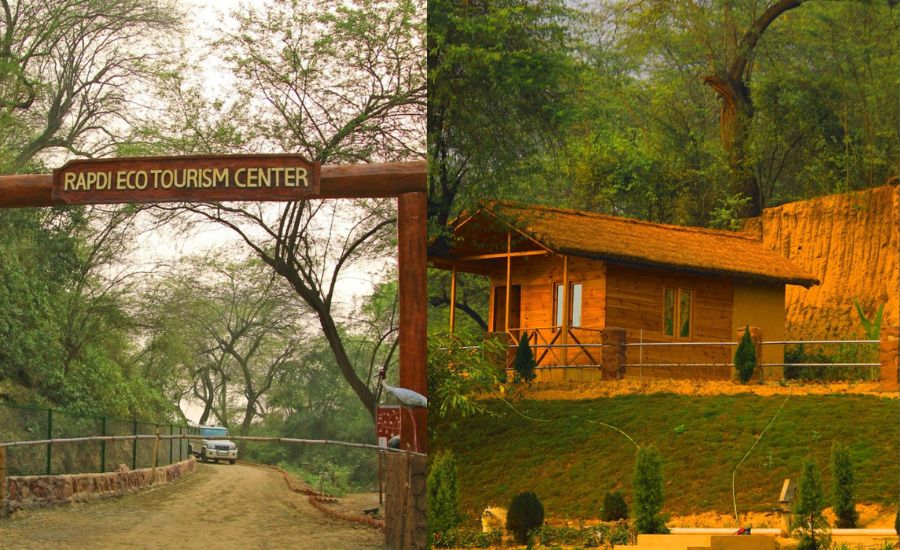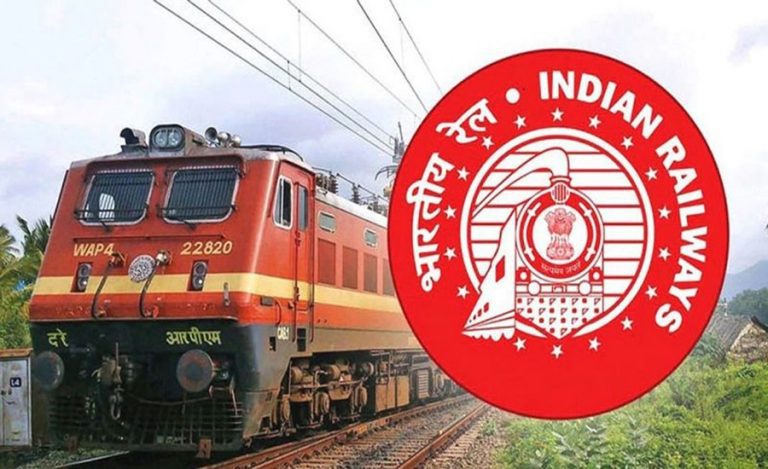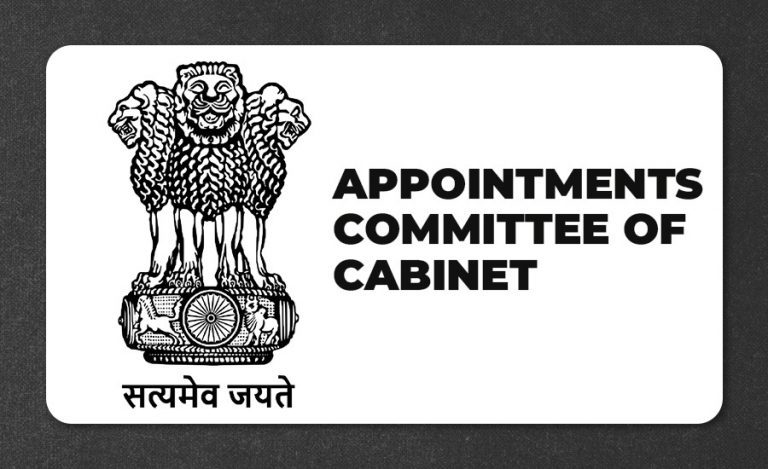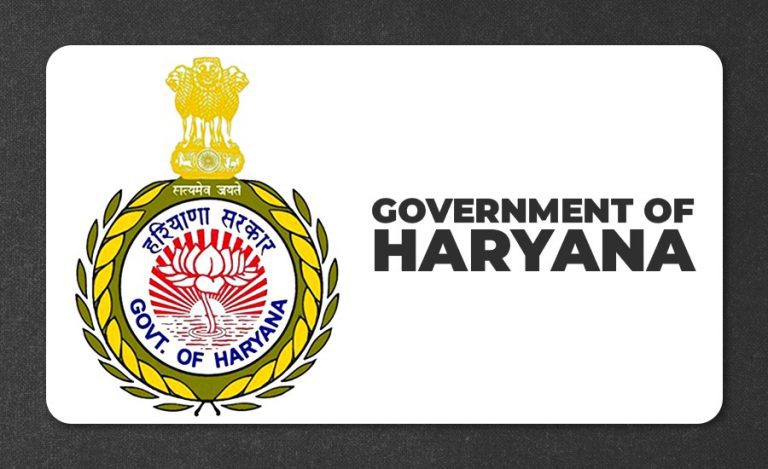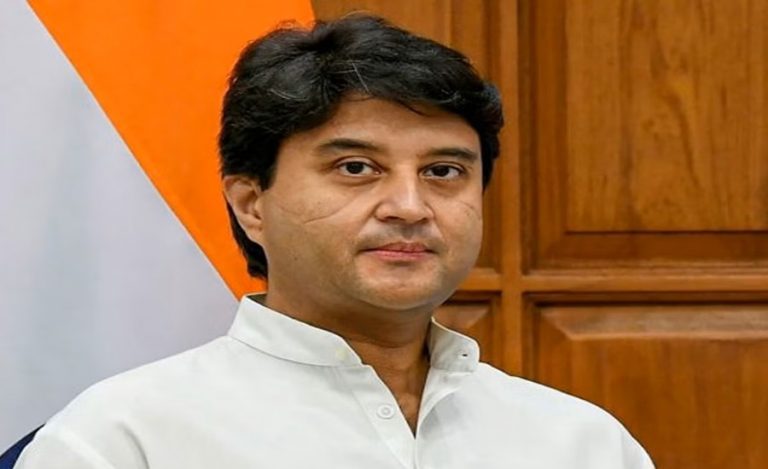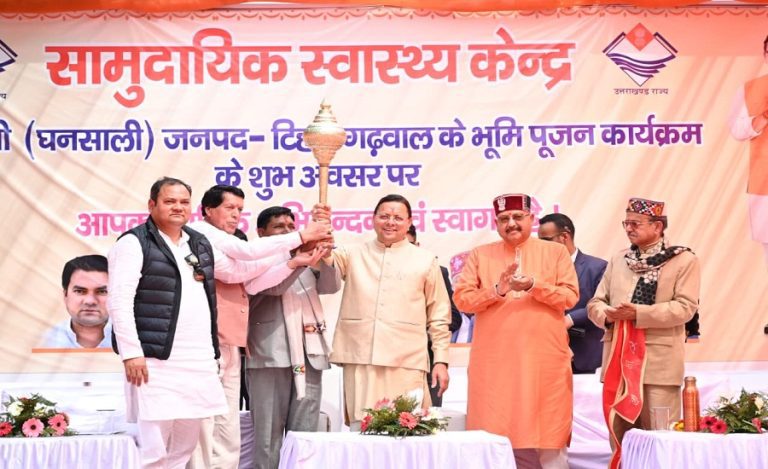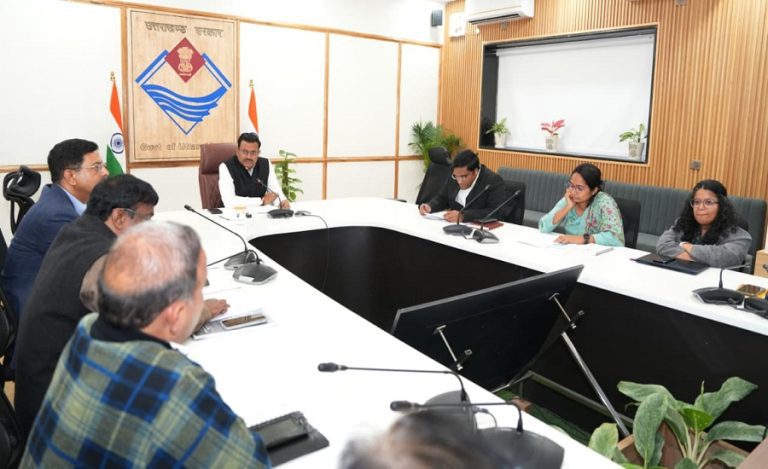In a remarkable transformation, the once barren and eroded ravines along the banks of the Yamuna in Firozabad have been revitalized into a flourishing ecotourism hub. Spearheading this initiative is Vikas Nayak, an Indian Forest Service officer of the 2019 batch. Under his leadership, the Rapdi Ecotourism Centre, the district’s first ecotourism destination, has become a hub for biodiversity conservation and responsible tourism.
Reviving the Ravines
The area around the Yamuna in Firozabad, notorious for its tough terrain and past associations with outlaw activities, had long been ignored for its potential. However, Mr. Nayak saw an opportunity to not only rejuvenate the land but also create a unique destination for eco-tourists. “The aim was to rescue biodiversity in the area while encouraging the idea of ‘responsible’ or ‘conscious tourism,’” Mr. Nayak told Indian Masterminds.
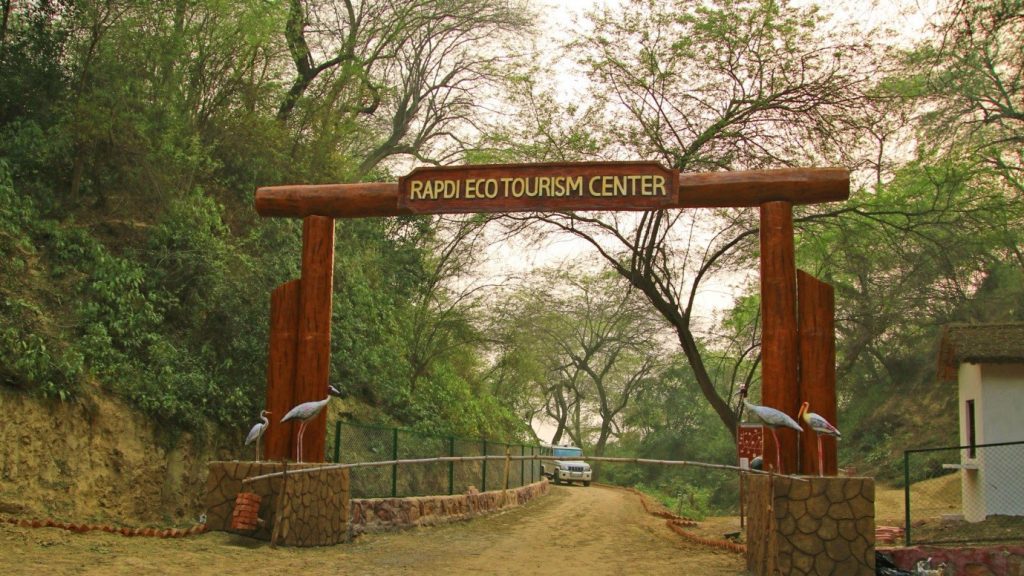
What was once a desolate, ravine-filled expanse is now an ecological treasure, offering nature trails, wooden cottages, boat rides, and much more. The centerpiece of the transformation is the Rapdi Ecotourism Centre, which was conceptualized in 2023 and completed within just 11 months. The center officially opened to the public in April 2024.
Ecotourism for Conservation
The core philosophy driving this project is responsible tourism. Mr. Nayak explains, “We wanted to create immersive experiences for visitors, where they can appreciate nature and become inspired to conserve it as well.” The ecotourism hub offers an array of activities, from geotrekking and boat rides to bird watching and butterfly parks, allowing visitors to explore the area’s rich biodiversity.
One of the standout features of the hub is its commitment to sustainability. “We have created specific habitats for birds and butterflies, ensuring that local species have a protected space to thrive,” Mr. Nayak adds. The initiative has already started to bear fruit, as the forest cover and biodiversity in the area have increased notably since 2022.
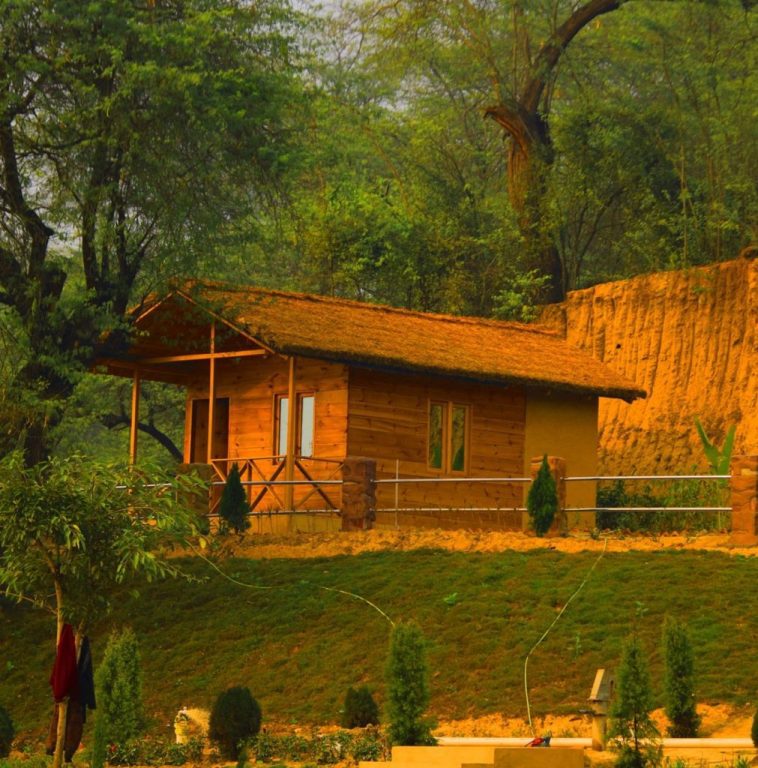
Community Involvement and Employment
A crucial aspect of the Rapdi Ecotourism Centre is the involvement of the local community. Residents of nearby villages play an active role in managing the center, operating the canteen, acting as guides, and even managing the boating operations. This approach has provided much-needed employment opportunities for the local population, while also fostering a sense of ownership and responsibility toward the conservation efforts.
“The community is central to this project,” Mr. Nayak explains. “By involving local people in the day-to-day operations, we are not only providing livelihoods but also ensuring that the project remains sustainable in the long run.”
Overcoming Initial Challenges
The development of the ecotourism hub was not without its challenges. The rugged terrain and proximity to the Yamuna River made construction difficult, particularly during the monsoon season. “Initially, there was no proper road access to the site,” Mr. Nayak recalls. “We had to walk to the location for our early work, and only later did we develop an approach road as part of the project.”
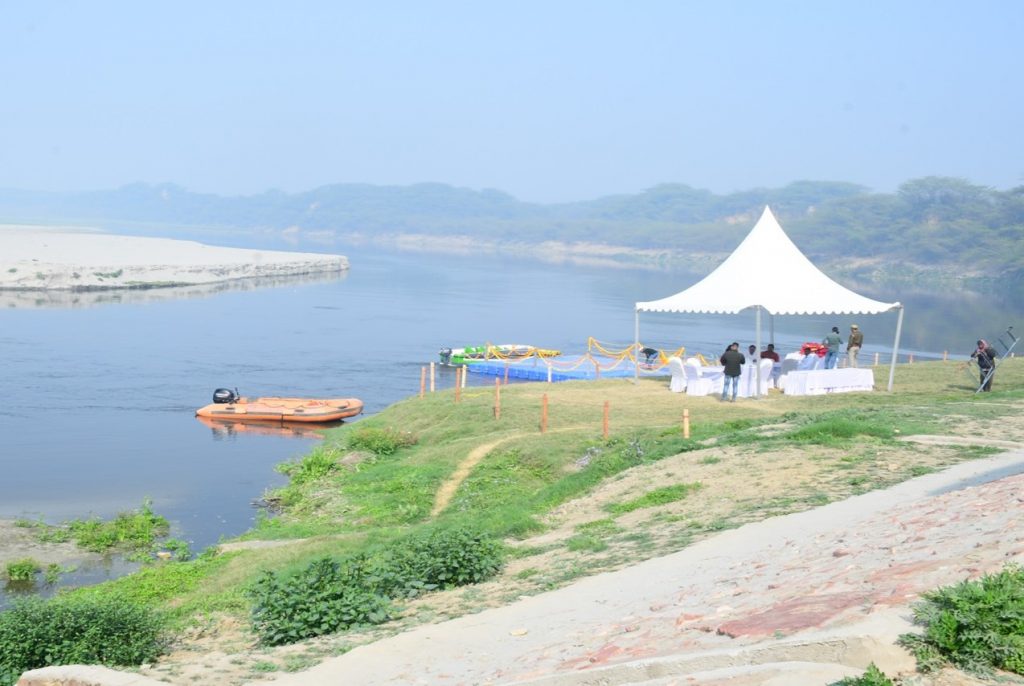
The challenge of securing funds for the project was also addressed through collaboration with various government departments. “We secured funds from the tourism department, and the forest department executed the project. It’s on forest land, so the forest department continues to oversee its operations,” he explains.
Plastic-Free Zone and Eco-Conscious Practices
One of the key policies implemented at the Rapdi Ecotourism Centre is its strict plastic-free policy. This decision aligns with the broader goal of promoting sustainability. Visitors are not allowed to bring single-use plastics into the center, and businesses operating within the hub, such as the canteen, must adhere to the same rules. “We’ve worked hard to identify potential plastic generators, like the canteen, and ensure that no single-use plastics enter the area,” the officer emphasizes. “Tourists are screened at the gate, and any plastic they bring is kept outside. This way, we minimize plastic waste inside the center.”
Promoting Firozabad as a Tourism Destination
The Rapdi Ecotourism Centre is located about 90–100 kilometers from Agra, a city famous for the Taj Mahal. Mr. Nayak and his team are working with tour operators in Agra to include Firozabad in regional tourism circuits. “We are in touch with tour operators to extend tourism circuits to Firozabad, and we believe this will significantly boost tourist footfall in the area,” Nayak says.

The center has already attracted a significant number of visitors. On its very first day, the center welcomed 1,100 tourists, generating approximately ₹6 lakh in revenue. “The feedback we’ve received from visitors has been very positive. Many say they’ve never experienced anything like this in the region before,” Mr. Nayak shares.
Future Plans
While the Rapdi Ecotourism Centre has already made an impact, Mr. Nayak has ambitious plans for the future. Currently, the hub offers two wooden cottages for accommodation, but there are plans to expand with Swiss cottages. Another upcoming project is the development of a plant library that will include QR codes that visitors can scan to learn more about the local fauna.
“We’re also planning to launch a boat service that will bring tourists from the Bateshwar Temple, a major religious site in the area. This will not only increase tourist numbers but also offer an opportunity to study the river ecology during the tour,” he explains.
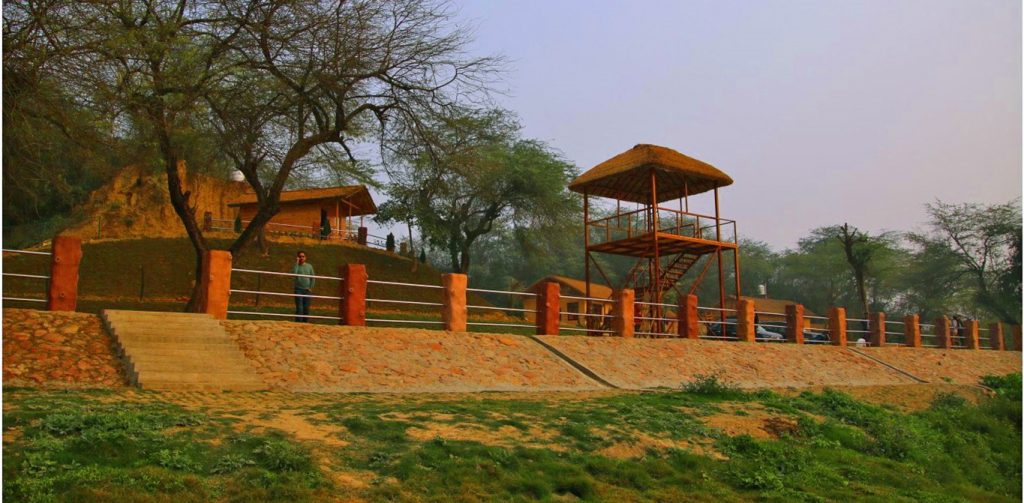
The Rapdi Ecotourism Centre is more than just a tourist destination; it’s a model for sustainable, community-driven conservation. Under the leadership of IFS officer Vikas Nayak, what was once barren land has now become a thriving eco-hub that benefits both the environment and the local community. With plans for future expansion and continued focus on sustainability, the center stands as an example of how ecotourism can be leveraged to promote conservation and create livelihoods.

